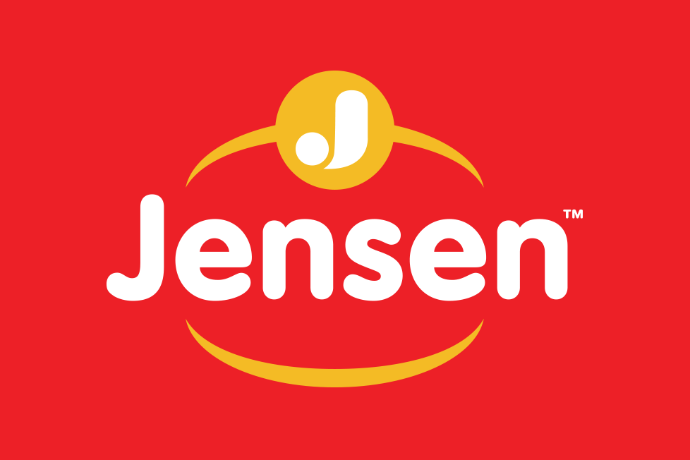OTAY MESA, CALIF. – Jensen Meat Co., an established co-packer of ground beef for foodservice and retail customers, is applying its co-packing business model to give companies more options for the production of plant-based alternative meat products with the investment of $3.5 million to build a new processing plant in San Diego.
Abel Olivera, chief executive officer, confirmed the new 30,000-square-foot dedicated plant will employ 80 workers operating four production lines with a capacity to produce 25 million lbs of product per year. The facility will produce plant-based beef alternatives, including chubs, patties, bulk product, crumbles and sauces. Jensen is working with Hamann Construction Co. on the project with an April 2021 completion date. The facility will feature solar panels to generate electricity and motion-sensing LED lighting.
“We see many emerging plant-based companies that lack manufacturing capabilities,” Olivera said. “These companies have angel investors to develop new formulas but do not have a place to process the product cost effectively. Most plant-based co-packers are bound to one customer due to non-compete clauses or exclusivity agreements. We will be the one company that is, in essence, open to all plant-based companies and/or private label [companies] in need of production capacity.”
Jensen acquired another plant-based meat alternative company in 2019, Before the Butcher, which included a 90,000-square-foot processing plant and cold storage facilities. Olivera said there is adequate global demand to support traditional meat production and plant-based companies and there is a need for both types to coexist to provide more options and to address food insecurity.
“The more cost effective we can produce plant-based products the more we can do in our industries to stop world hunger,” Olivera said. “It is about creating more food for the growing population [that is] accessible to the everyday consumer that is nutritious and delicious. Look at it this way, if we find the right formula to create a plant-based product with similar characteristics of beef, at a much more affordable price point accessible to those that cannot afford real beef, it is a way to feed the hungry.”
He said plant-based, beef alternatives can be an affordable and nutritious option for consumers who are unable to afford traditional beef.
“Imagine how much more we can accomplish to stop hunger around the world,” Olivera said. “Plant-based proteins can be part of the solution. Don’t worry about losing market share; don’t worry about losing value. If plant-based succeeds to create a positive impact globally, real beef will be the premium.”


